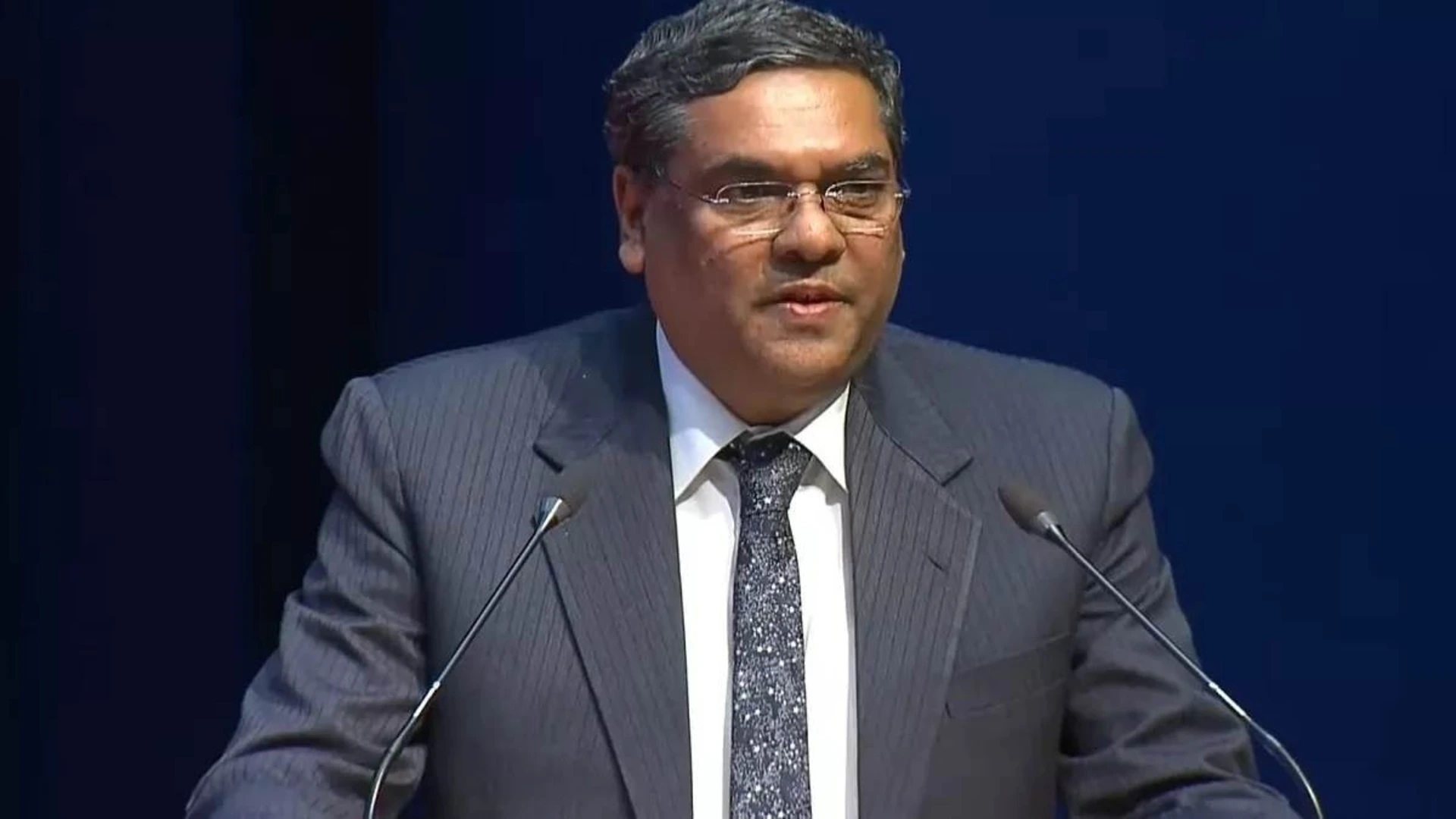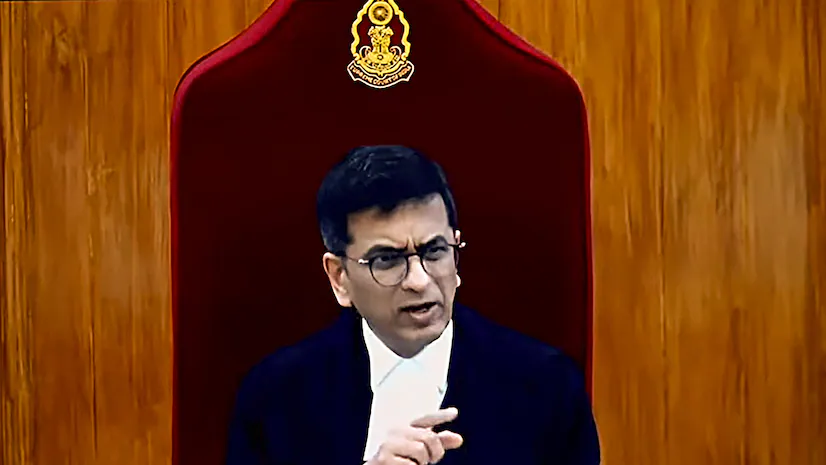Justice Sanjiv Khanna, alongside Justices Sanjay Kumar and Justice V. Ramasubramanian, has upheld the sanctity of the Places of Worship Act, 1991, by staying surveys of mosques and dargahs. This pivotal decision curbs potential communal unrest and reverses the impact of the Ayodhya verdict and subsequent interpretations that jeopardized secularism. Justice Khanna’s bold stance echoes the legacy of his great-uncle, Justice HR Khanna, known for his dissent in ADM Jabalpur. In contrast, former CJI DY Chandrachud’s rulings, including those in the Gyanvapi case, have been critiqued for undermining secular principles to advance personal ambition.
Tag: Indian judiciary
Justice Katju’s Critique: The Judiciary, Chandrachud, and the Places of Worship Act in Crisis”
The recent controversies surrounding mosque and dargah surveys in India have sparked sharp criticism from Justice Katju, who alleges judicial dishonesty and complicity with the BJP in undermining the Places of Worship Act, 1991. He specifically condemns former CJI Chandrachud’s perceived sleight of hand in allowing such surveys, warning of the socio-political damage these actions may cause. Highlighting the Jama Masjid case in Sambhal, Justice Katju decries the judiciary’s failure to uphold secular principles. He criticizes the Supreme Court’s reluctance to dismiss these cases outright, attributing it to political pressures, and warns of escalating tensions threatening India’s secular fabric.

